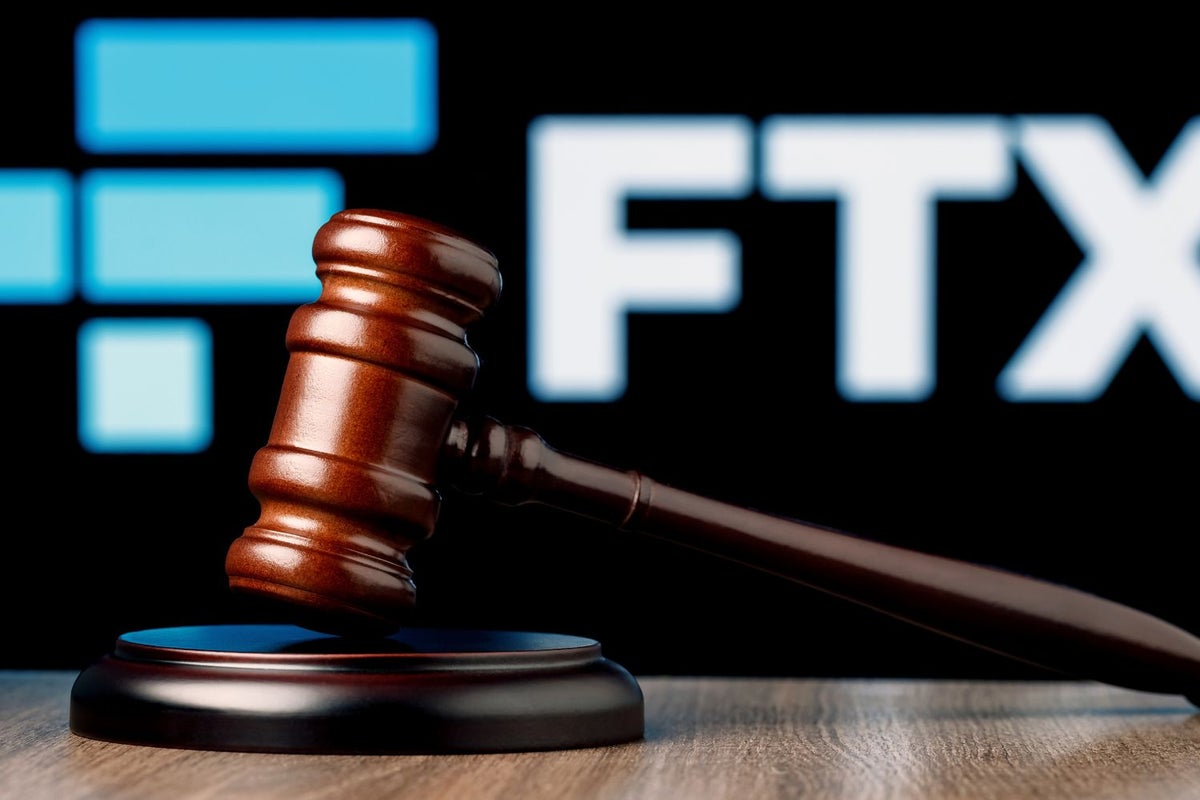Creditors of the collapsed cryptocurrency exchange FTX have approved a proposal to sell its preferred stock in Mysten Labs, the developer of the Sui blockchain.
A March 22 document filed with the U.S. Bankruptcy Court in the District of Delaware outlines a proposed arrangement between FTX creditors and Mysten Labs, which includes a mutual release of claims.
As part of the deal, creditors intend to sell approximately $95 million in preferred stock back to Mysten, along with $1 million in SUI tokens.
The filing states, “The Debtors carefully considered and analyzed the offer as set forth in the Agreement in comparison to its other options and concluded that a sale of the Interests will result in obtaining maximum value for the Interests, and is in the best interests of the Debtors’ estates and creditors.”
It further explains, “The Purchase Price is equal to approximately 95% of the amount FTX Ventures had originally invested in the Preferred Stock of Purchaser-Subject Company, plus 100% of the amount Sellers paid for the SUI Token Warrants.”
Also Read: Bitcoin Liquidity Drops To 10-Month Low — Panic Selling To Follow?
The agreement’s finalization depends on court approval and the potential for competing bids on the stock.
FTX Ventures obtained the stock during Mysten’s $300 million funding round in September 2022, which took place before FTX filed for Chapter 11 bankruptcy in November.
On the same day, FTX creditors announced their intention to recover $460 million in user funds from venture capital firm Modulo Capital.
The creditors argued that the investment from Alameda Research, directed by former FTX CEO Sam Bankman-Fried, constituted a misappropriation of funds.
Bankman-Fried faces multiple federal charges related to alleged fraud during his tenure as CEO, and has entered a not-guilty plea to all counts.
Read Next: Tether Reports Profit Surge: Crypto Giant’s CTO On Impact Of Failing Banks
Photo: Shutterstock
Image and article originally from www.benzinga.com. Read the original article here.

